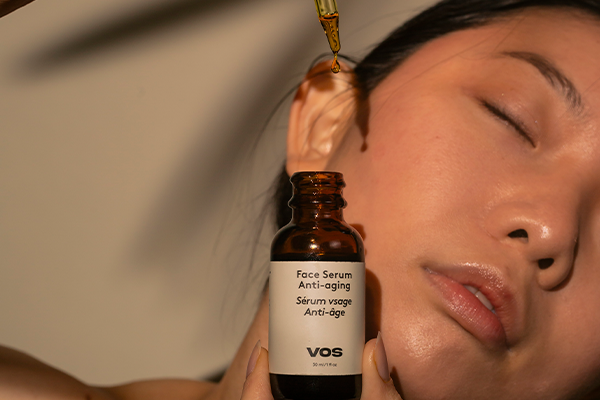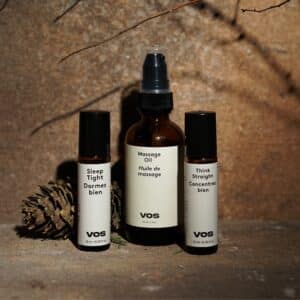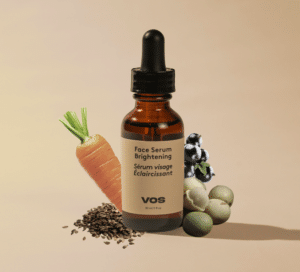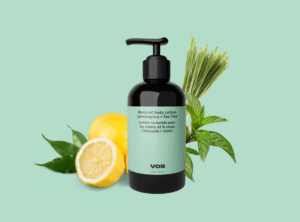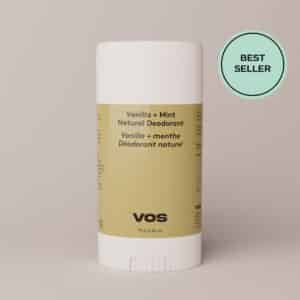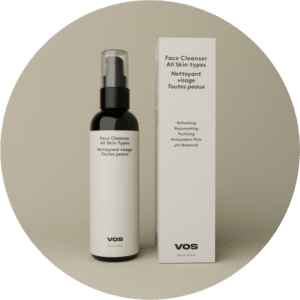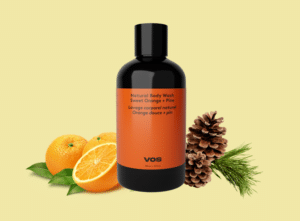Maintaining healthy and youthful skin is a priority for many individuals. One of the most effective ways to enhance a skincare routine is by incorporating anti-aging face serums. These serums contain concentrated active ingredients that target fine lines, wrinkles, and other signs of aging.
This article explores how anti-aging face serums transform your routine, their benefits, and how to incorporate them effectively into a daily skincare regimen.
What Are Anti-Aging Face Serums?
Anti-aging face serums are lightweight skincare products formulated with high concentrations of active ingredients such as hyaluronic acid, retinol, vitamin C, and peptides. Unlike traditional moisturizers, serums penetrate deeper into the skin, delivering potent anti-aging benefits.
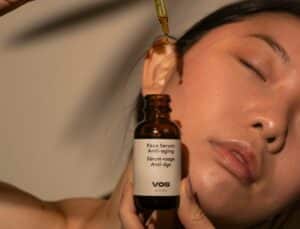
How Anti-Aging Face Serums Work
These serums work by promoting collagen production, improving skin hydration, and fighting free radicals that contribute to premature aging. Their molecular structure allows them to be absorbed quickly, ensuring that active ingredients reach the deeper layers of the skin.
Benefits of Using Anti-Aging Face Serums
1. Hydration and Moisture Retention
Many anti-aging serums contain hyaluronic acid, a powerful humectant that helps retain moisture in the skin. Well-hydrated skin appears plumper and smoother, reducing the visibility of fine lines.
2. Reduction of Fine Lines and Wrinkles
Retinol and peptides found in serums stimulate collagen production, which improves skin elasticity. This process minimizes the appearance of fine lines and wrinkles over time.
3. Brightening and Even Skin Tone
Vitamin C, a common ingredient in anti-aging serums, helps fade dark spots and hyperpigmentation. Regular use results in a more even and radiant skin tone.
4. Protection Against Environmental Damage
Many serums contain antioxidants like vitamin E and green tea extract, which neutralize free radicals. These antioxidants help protect the skin from pollution, UV damage, and oxidative stress.
5. Improved Skin Texture
Exfoliating ingredients such as glycolic acid help remove dead skin cells, leaving the skin smoother and more refined. This results in a more youthful and radiant complexion.
How to Incorporate Anti-Aging Serums into Your Skincare Routine
1. Cleanse Your Face Thoroughly
Before applying any serum, ensure your face is clean. Use a gentle cleanser to remove dirt, oil, and makeup residue. This step allows better absorption of the serum.
2. Apply a Toner (Optional)
A toner helps balance the skin’s pH and prepares it for serum application. While this step is optional, it enhances the effectiveness of skincare products.
3. Use a Few Drops of Serum
Apply a few drops of the serum onto your fingertips and gently press it into your skin. Avoid rubbing aggressively, as this can irritate sensitive skin.
4. Allow the Serum to Absorb
Wait for a minute or two to let the serum fully absorb into the skin before applying additional products.
5. Follow Up with a Moisturizer
A moisturizer locks in the active ingredients from the serum and provides additional hydration. Choose a moisturizer suited to your skin type.
6. Apply Sunscreen in the Morning
If using the serum in the morning, always apply sunscreen afterward. Some active ingredients, like retinol, can make the skin more sensitive to sunlight.
Choosing the Right Anti-Aging Face Serum for Your Skin Type
For Dry Skin
Look for serums containing hyaluronic acid, ceramides, and glycerin. These ingredients help maintain moisture levels and prevent dryness.
For Oily Skin
Choose lightweight, oil-free serums with niacinamide and salicylic acid. These ingredients help control excess oil production and prevent breakouts.
For Sensitive Skin
Opt for fragrance-free and alcohol-free serums with calming ingredients such as chamomile extract and aloe vera. These help soothe irritation and reduce redness.
For Combination Skin
Use a balanced formula with both hydrating and oil-controlling ingredients. A serum containing vitamin C and peptides is an excellent choice.
Conclusion
Incorporating anti-aging face serums into your skincare routine can lead to healthier, more youthful-looking skin. By understanding their benefits, selecting the right formulation, and applying them correctly, you can maximize their effectiveness. Consistency is key in any skincare regimen, so be patient and allow time for results to appear.
